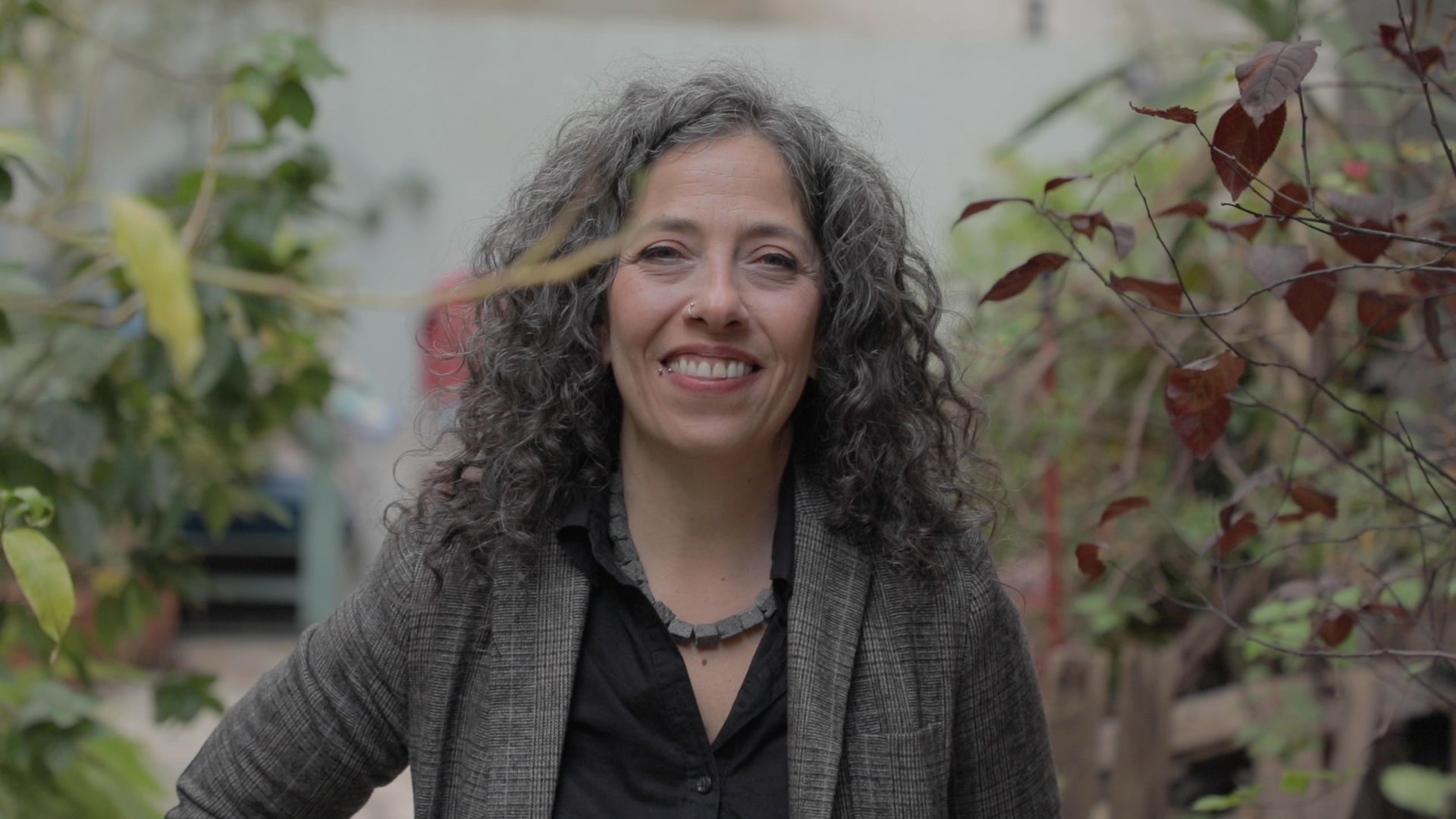In the words of Rita Barotta: “The future belongs to women, and I cannot envision it otherwise”
Date:
Amid the challenges and conflicts that Lebanon has witnessed, stories of women who have made a difference through their initiatives during the recent crisis have emerged. Among them is Rita Barotta, a Professor at the Lebanese American University with a PhD in Gender and Sexuality and a humanitarian activist. Her experience reflects her ongoing struggle to support marginalized women in their communities and encourage them to demand their rights in a society suffering from chaos, crisis and conflict.
“Through my feminist lens on various matters, I cannot remain idle when there is a role for me to fulfil. This has driven me to use my time and energy to advocate for women’s rights issues. My journey began during the protests of 17 October, continuing through the port explosion on 4 August and including the support to the displaced during the recent conflict.
I refused to remain a spectator to the suffering of others. I transformed my home into a working hub. My room was turned into a storage room filled with all kinds of assistance, and we worked tirelessly to support displaced families and women. From the beginning, my motivation was triggered by a sense of responsibility towards our people and communities, particularly towards marginalized groups, especially women.

The assistance I helped secure was not limited to food. I put myself in the shoes of displaced women and wrote a list of things they would need, which was not only limited to food, but also necessities like pain relief for menstrual cramps, sanitary pads, personal hygiene products, as well as clothing, blankets, sewing tools, books, some toys, and also some sweets for the children.
We secured beds for many pregnant women because they could not possibly sleep on the floor and organized free medical consultations for them with specialists to ensure they received the necessary health care. We did the same for newborns. I worked 18 hours a day responding directly to various requests we received, most of which we managed to fulfil.
The most moving experience for me was visiting an elderly woman whom I found sleeping on the floor despite suffering from a broken pelvis. She welcomed me with a big smile and opened her arms to hug me. That moment was overwhelming for me. It affirmed the importance of the work I was doing.
When I decided to start providing assistance, I began from scratch. Everything I did was based on individual contributions I received from residents and expatriates. The amounts were very small compared to the immense needs. What helped sustain this assistance was the trust we were able to establish through the direct and immediate response we provided.
We began assisting families, in particular women who did not want to leave Baalbek, and then we reached those who had fled from Baalbek and other regions. We did not provide aid to shelters or schools but to displaced individuals who took shelter in empty homes and did not receive assistance from any entity.
Now, after the conflict has ceased, we continue our work with those who have not been able to return to their towns. What I see as urgent during this period is securing funds and job opportunities, especially for women who have lost their family providers, and providing means for resilience to face the winter season, particularly in rural areas.
Our initiatives in this area will not cease, and we will continue to stand by women until they obtain their rights. I am convinced we can make a real difference.
The military conflict has ended, and a new phase has begun from which we must extract lessons rather than treat what has happened as a thing of the past and simply turn the page.
My experiences have confirmed to me that nothing is permanent, and that despite everything, life goes on. We, women, in our struggle to achieve our rights, are the best evidence of that. The future belongs to women, and I cannot envision it otherwise.”